Wench by Dolen Perkins-Valdez is about a particularly ugly time of American history – pre-Civil War – and the atrocities and human right violations that took place all over the South. Specifically, Wench is about a resort in Ohio that catered to Southern slaveholders who vacationed there with their female slaves. Every summer, four slaves – Lizzie, Reenie, Sweet and Mawu – accompany their masters to Ohio and spend a few weeks together in relative normalcy. I am borrowing a description from Amazon:
In her debut, Perkins-Valdez eloquently plunges into a dark period of American history, chronicling the lives of four slave women—Lizzie, Reenie, Sweet and Mawu—who are their masters’ mistresses. The women meet when their owners vacation at the same summer resort in Ohio. There, they see free blacks for the first time and hear rumors of abolition, sparking their own desires to be free. For everyone but Lizzie, that is, who believes she is really in love with her master, and he with her. An extended flashback in the middle of the novel delves into Lizzie’s life and vividly explores the complicated psychological dynamic between master and slave. Jumping back to the final summer in Ohio, the women all have a decision to make—will they run?
This is a tough book because of the subject matter. These women are forced into sexual relationships with men they may detest, men who treat them inhumanely, as property. Lizzie’s feelings about her master are complicated – she thinks she loves him, even though she is entirely dependent on him and his generosity toward their children. Perkins-Valdez describes the way white masters felt about their children with slaves:
But they also knew that for white men there was no such thing as separating the two. They were his children, yes. But they were also his property. And like most property they could be replaced. This was the women’s deepest fear. That a white man would feel his slave children could easily be replaced with new ones, as if it were an exchange at a dry goods store.
There were times throughout the book where I had to remind myself that yes, this was America, and it wasn’t even that long ago, and that people were considered the property of others. Intellectually, of course, I understand what slavery was about, but Perkins-Valdez brings it into emotional, immediate relief by presenting it in its simple horror through the lives of these four women. The writing was simple and powerful, the pace urgent and foreboding.
My complaint about Wench is that I don’t think Perkins-Valdez went far enough. I wanted Lizzie to rebel, to shake with fury, to take dramatic action. Instead, she, unlike the other three women, accepted her place and thought she loved her master until the end. I wanted an ending, a transformation, and instead the book just… stopped. It was unsatisying, and I felt that the book lacked the punch that it could have had.
I recommend Wench – I think it’s an important book that sheds light on a period of our history that we should understand and process despite its ugliness. But I wanted a little more from it.

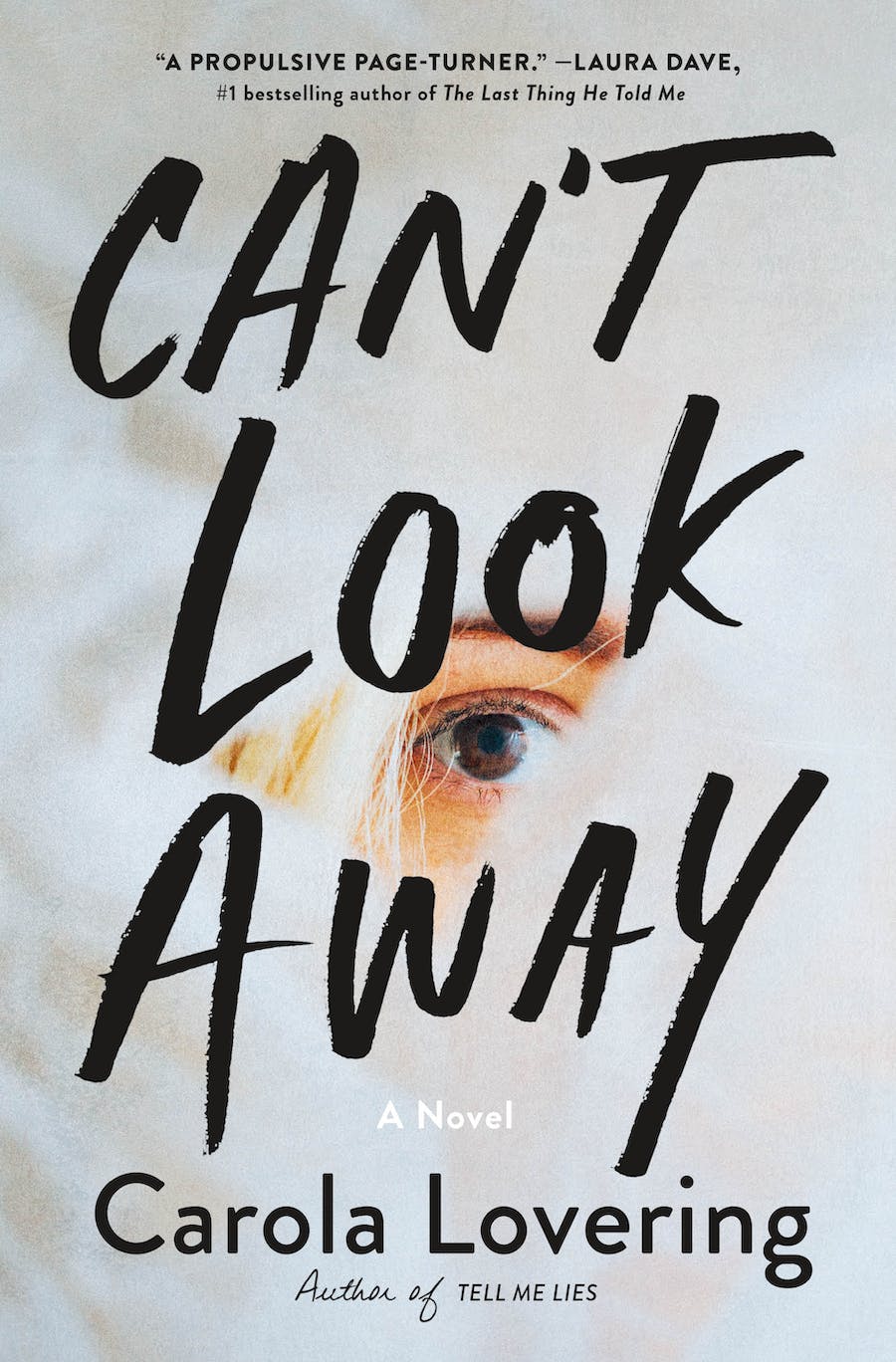
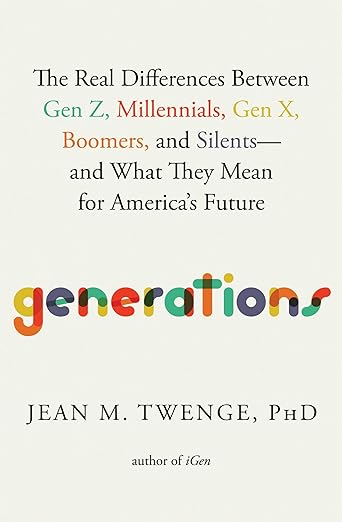
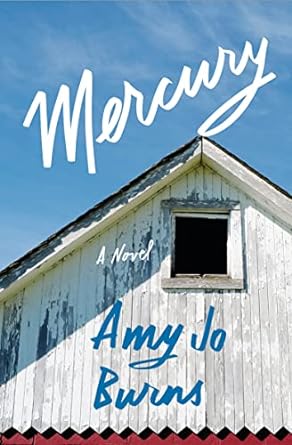
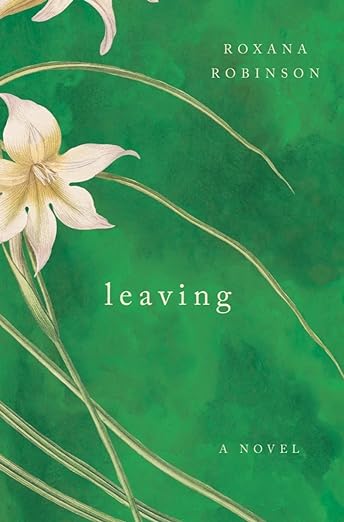
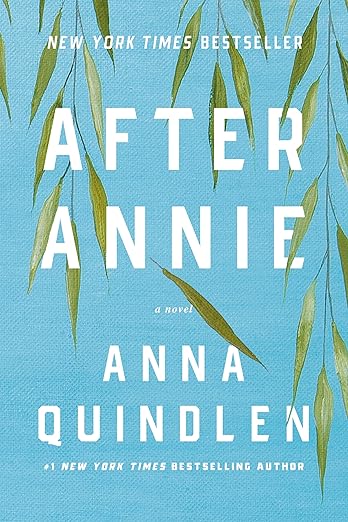
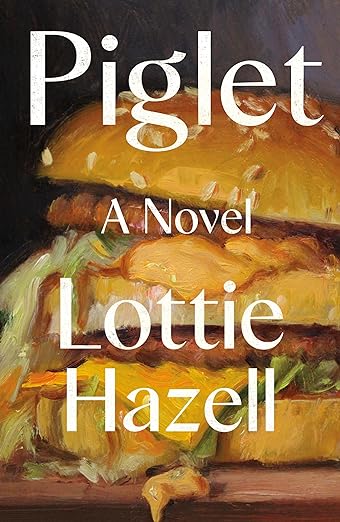
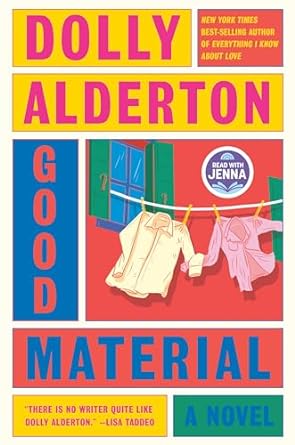
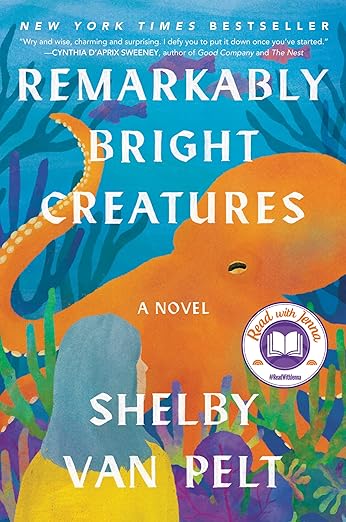
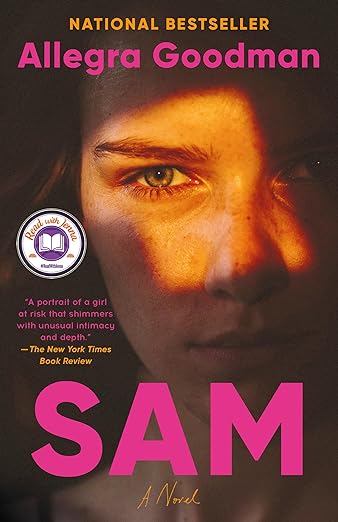
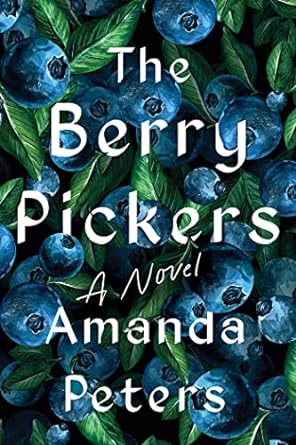
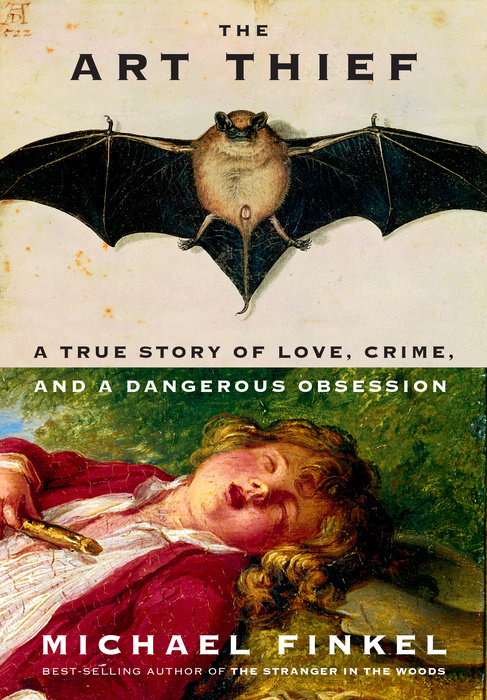
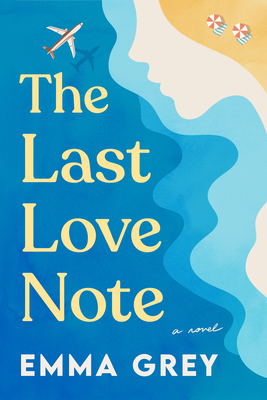
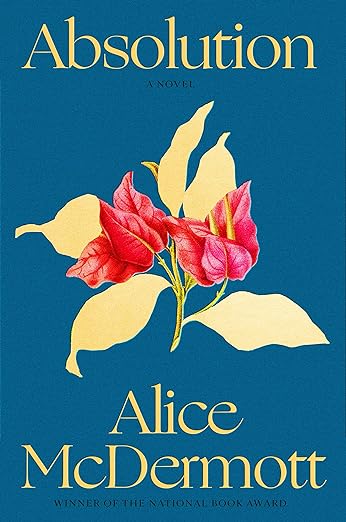
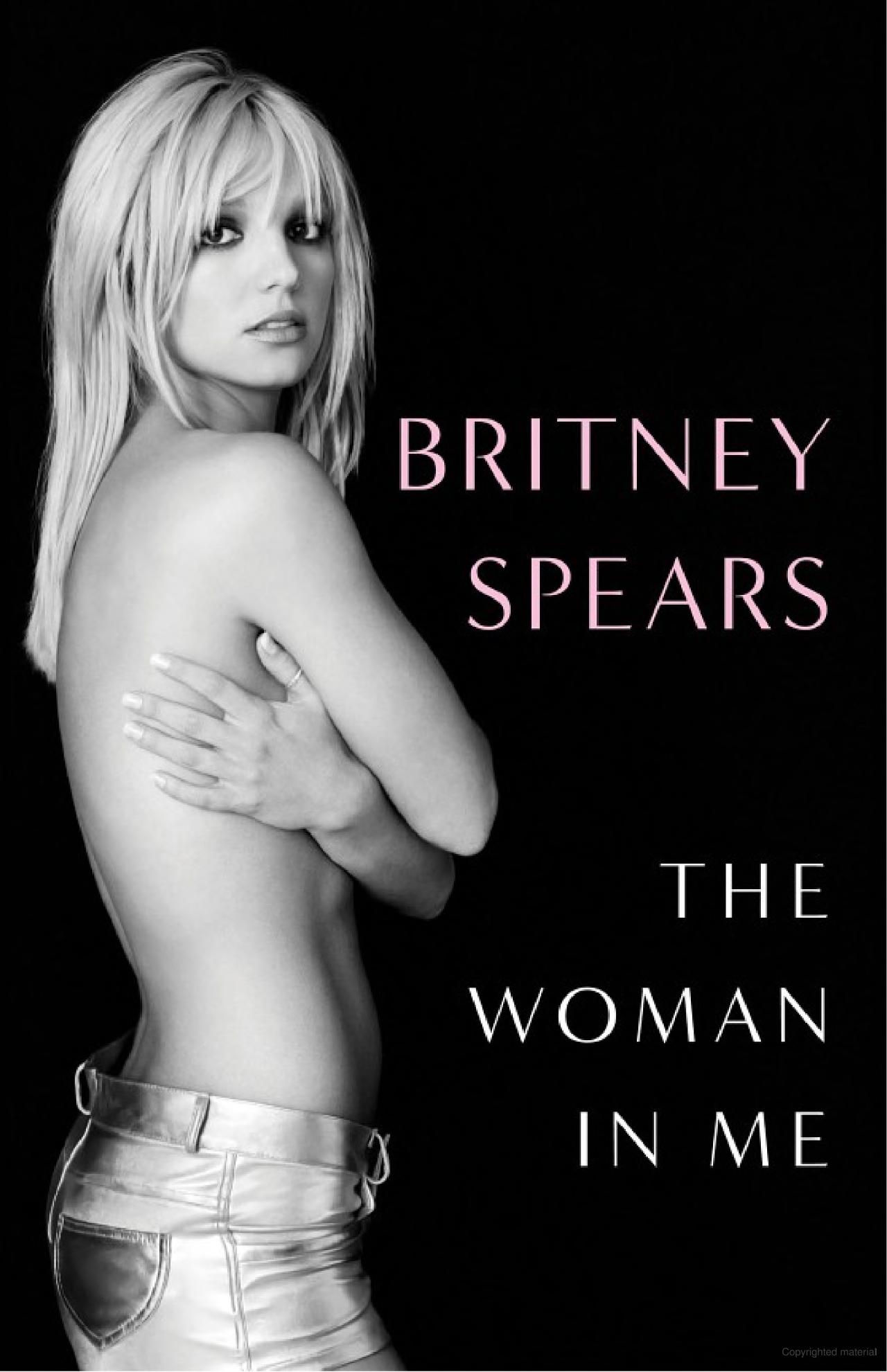
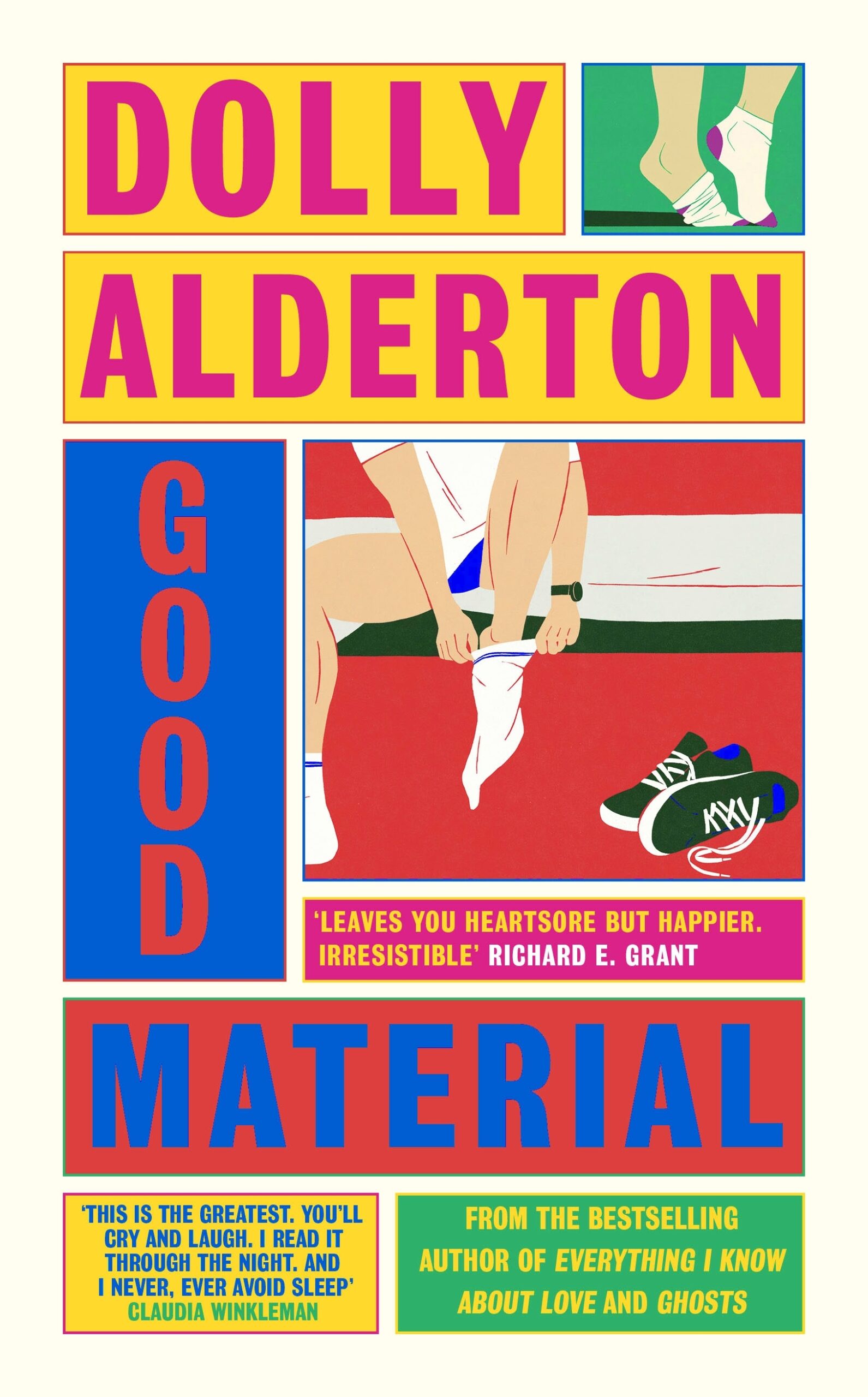
About Me
I have been blogging about books here at Everyday I Write the Book since 2006. I love to read, and I love to talk about books and what other people are reading.